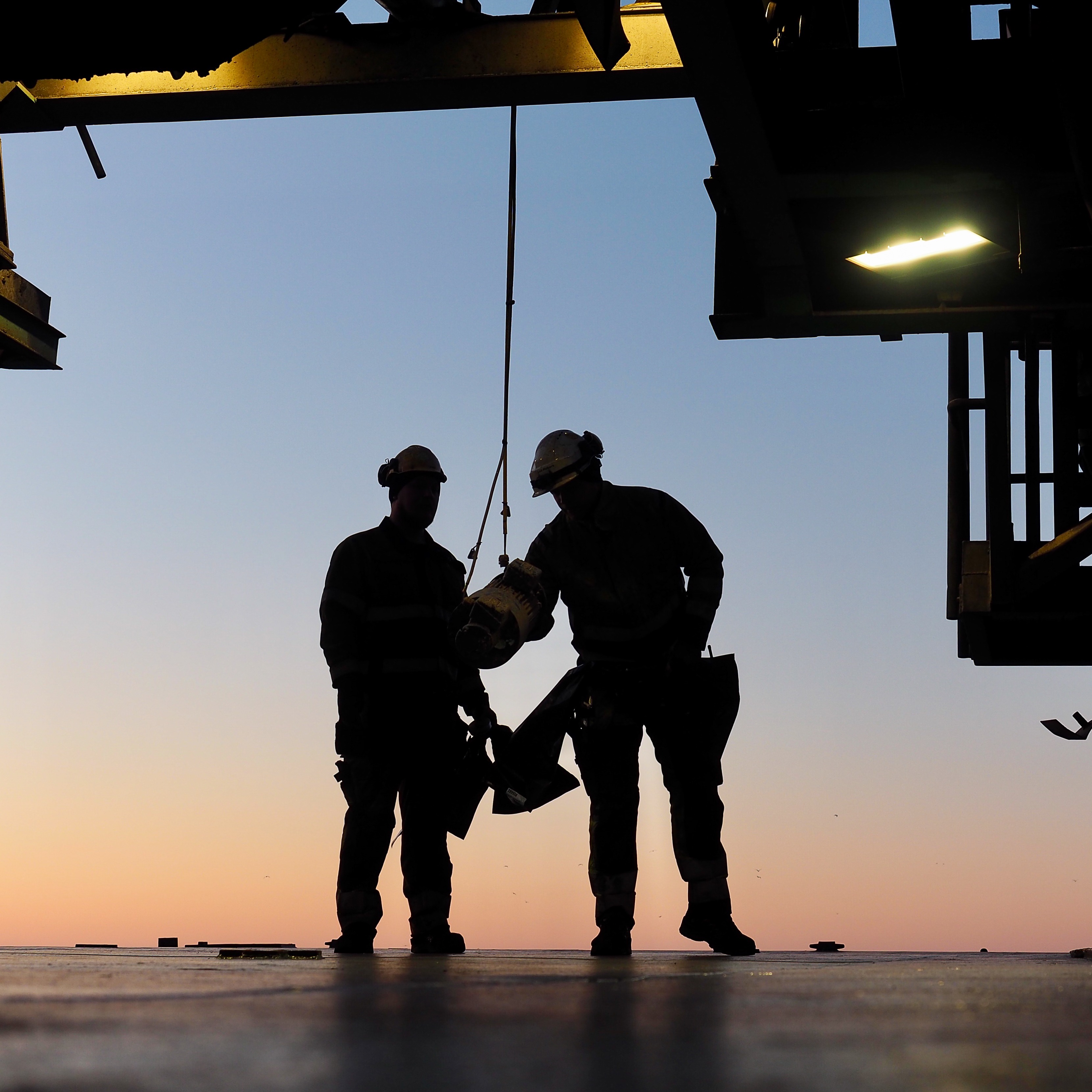SOCIAL
SOCIAL
In 2020, the conventional ways of working were
disrupted by the Covid-19 pandemic.

Ensuring health and safety - both on land and at sea
The Coronavirus pandemic has had a significant effect on the whole company but especially on our employees.
In 2020, the conventional ways of working were disrupted by the Covid-19 pandemic. ESL Shipping’s office personnel in Sweden and Finland started working remotely in mid-March. Even though the offices were later partially opened, the majority of the personnel were still working remotely at the end of the year. The pandemic, however, had an even more significant impact on ESL Shipping’s sea personnel.
In the spring, it was nearly impossible to conduct a crew change abroad due to the various restrictions caused by the pandemic. This resulted in longer than usual working periods onboard. In addition, in many ports seafarers were not allowed to leave the vessel which considerably limited their possibilities for recreation. In several ports, these restrictions are still in place.
The situation was even more problematic for ESL Shipping’s non-EU crew members. After hard work and careful planning, new processes were implemented where non-EU crew members were first flown to Finland for testing and quarantine. Accommodation was arranged at ESL Shipping’s pusher Rautaruukki which was laid off in Helsinki. In close cooperation with the Finnish authorities, the scarce positive cases were successfully screened and isolated before boarding a vessel, and the crew changes have been running since May.
As a result of the improved testing capacity in Finland, every seafarer regardless of nationality has been tested before going on board since the end of November to ensure the safety and well-being of the person in question and those onboard. In addition, we have arranged tests for apprentices and required service engineers.
ESL Shipping’s vessels are an important part of the national education system providing opportunities for mandatory training for future seafarers. In 2020, 89 students were on board ESL Shipping’s Finnish-flagged vessels in mandatory training. On average, each student spent 36 days on-board, which is almost a week longer than last year. This is mainly due to the COVID-19 situation and travel restrictions in place which made crew changes challenging. One of the students spent nearly 4.5 months onboard compared to the average of four to six weeks.
Development of occupational safety continues
In the end of 2019 we launched a new system for non-conformity reporting with an aim to identify and eliminate potential safety hazards across the fleet.
After the first year in use, the system has fulfilled the expectations. The goal of the reporting is to identify potential safety issues and to find ways to mitigate them across the fleet. The system is now in use in all vessels owned and managed by ESL Shipping. The new system has increased reporting activity by 46% and follow up of the cases and actions is now more transparent. The new system has also proved useful to clarify and clear any issues found in port state controls.
ESL Shipping’s alcohol and drug policy is enforced through random testing and focused on testing of suspected breaches. During 2020, ESL Shipping discovered two incidents (four incidents in 2019) where the shipping company’s substance abuse policy was violated. Neither of these incidents endangered maritime safety, and the company reacted to these violations by taking appropriate action as required by the company’s safety policy and collective agreements. To ensure safety, ESL Shipping monitors any substance abuse by its employees through unannounced control tests. In 2020, these tests showed no violations.
Total Reported Incident Rate (TIR) 2020 was 21.3. All of the incidents required only First Aid and medical treatment cases. No working time was lost due to these minor incidents. ESL Shipping continues to focus on the development of preventive actions to decrease the risks and minimise the consequences of any incidents or accidents. A good safety attitude, active identification of hazards and effective mitigation of the identified risks are the cornerstones to a comprehensive safety culture.
ESL Shipping’s operations and all of its vessels are certified in accordance with the requirements of the International Maritime Organization’s International Safety Management (ISM) code which provides an international standard for the safe management and operation of ships and for pollution prevention. This certificate is re-validated annually. In addition, ESL Shipping holds the document of compliance issued by DNV GL on behalf of the Finnish Transport and Communications Agency Traficom. The document indicates the compliance with the provisions of the International Convention of the Safety of Life at Sea (SOLAS) 1974.


